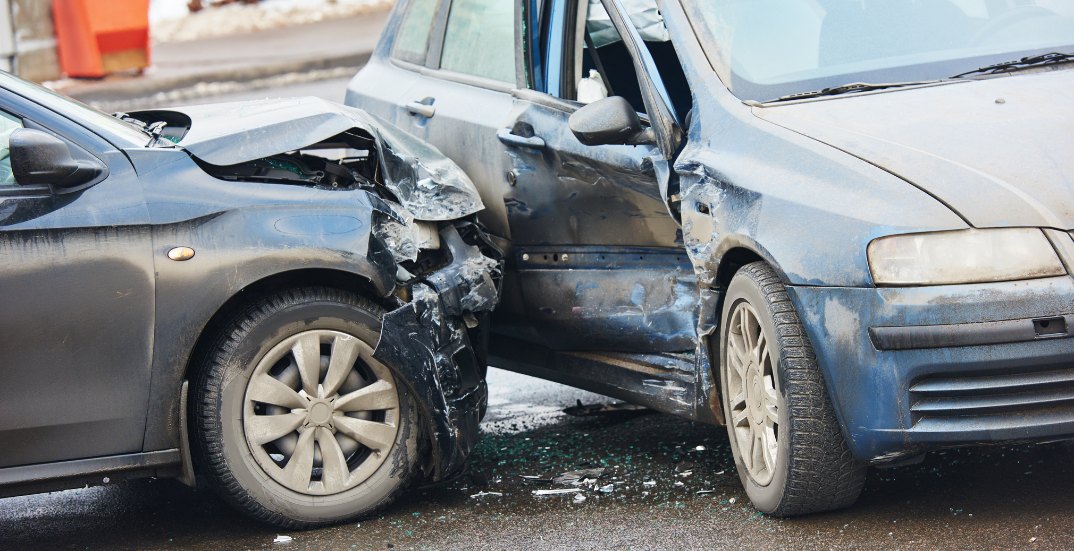
Anytime a person purchases a vehicle in West Virginia, they expect it to work as advertised. However, there are times when new vehicles have defects that cannot be fixed. When this occurs, consumers may qualify for various types of compensation under the West Virginia Lemon Law. Here, we want to discuss how the West Virginia Lemon Law works. There are many misconceptions about what manufacturers and dealers are responsible for if a vehicle has mechanical problems, and we want to clear those up with this article.
What is the Lemon Law in West Virginia?
The Lemon Law in West Virginia applies to drivers who buy a vehicle that suffers from a defect or non-conformity within the first 12 months of their ownership (if the vehicle is purchased new or used and is still within the 12 months date of purchase). Under this law, the dealer or manufacturer will be allowed a reasonable number of attempts in an effort to fix the vehicle. However, if the vehicle cannot be fixed after a reasonable number of attempts, the owner of the vehicle could be entitled to various types of compensation. This can include the following:
- A full refund
- A comparable replacement vehicle
- Cash compensation
How Many Attempts Does a Dealer or Manufacturer Get?
There is often confusion about what constitutes a reasonable number of attempts for a dealer or manufacturer to try to fix a vehicle. In general, this is normally three attempts on the part of the dealer. However, this does not necessarily have to be the case. If a car is in the repair shop or with the dealer for 30 days or more within the first 12 months of ownership, a person may be entitled to compensation under the West Virginia Lemon Law. This does not even have to be 30 consecutive days in at the shop or at the dealership. This can be 30 days total within this 12-month period.
Additionally, if the vehicle has a problem serious enough that it resulted in bodily harm or wrongful death and it has not been fixed after at least one repair attempt, owners should contact a skilled car accident attorney in Martinsburg for guidance about how to proceed forward. You should certainly stop driving the vehicle at this point.
How Can This Affect a Personal Injury or Product Liability Claim?
The West Virginia Lemon Law is not necessarily a personal injury law, but it could play a role in the event a person is injured or killed as a result of a defective vehicle. In the event an injury or death occurs because of a faulty vehicle, a skilled Martinsburg injury attorney will examine all of the facts related to the case. Specifically, they will look at whether or not the vehicle owner was experiencing problems with the vehicle and attempted to have the vehicle repaired by the dealer or manufacturer within the first year of ownership. If it can be shown that a person was working on getting the vehicle repaired but that the dealership was unable to make the vehicle safe, this could become a product liability claim.
An attorney can use their resources to investigate every aspect of these cases, and they will gather all of the evidence needed to prove liability, either for the car accident claim or the product liability case. In some instances, injury victims will have to proceed forward with both a car accident claim and a product liability lawsuit in order to recover full compensation for their losses.




